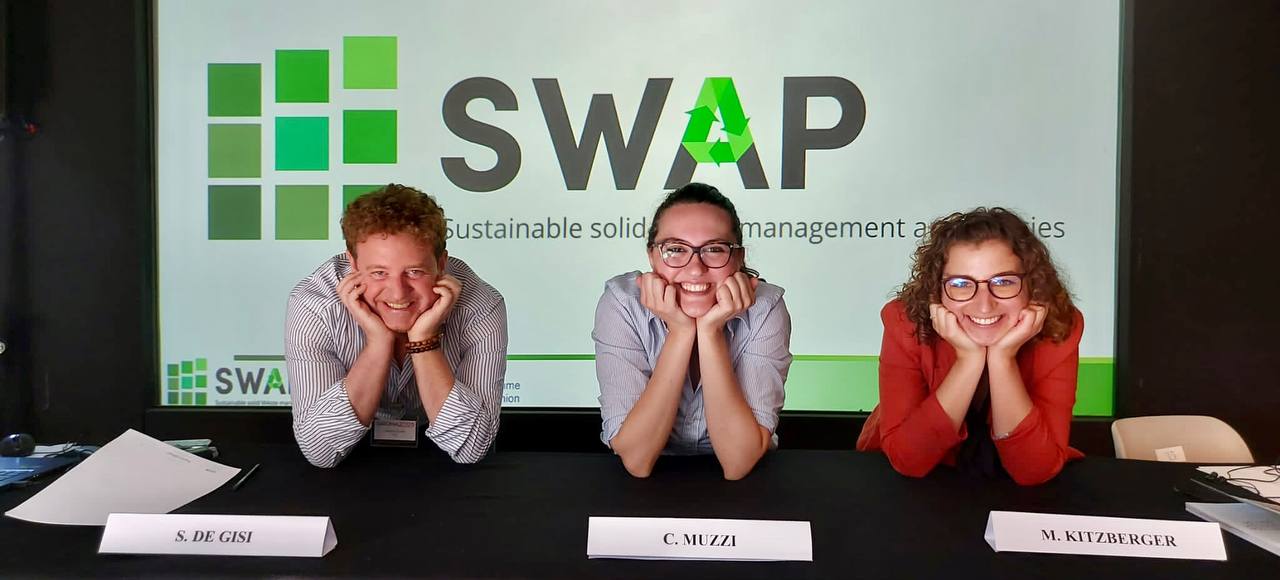Article

At the Sardinia 2023 International Symposium on Waste Management, the SWAP project partners presented their EU-funded initiative to improve waste management in Southeast Asian countries. The symposium discussed the region's waste management challenges, highlighted the potential of the EU's waste management model, and emphasized the importance of international cooperation and inclusive partnerships involving government, the public, and the private sector. This project represents a significant step towards a cleaner and more sustainable future in these regions.
At the Sardinia 2023 International Symposium on Waste Management, our SWAP project partners from TUHH, IOFA, and POLIBA delivered an insightful presentation, where in-depth discussions and knowledge exchange took center stage.
Comprehensive Insights:
The SWAP project, generously funded by the European Union, is actively tackling the ever-mounting waste management challenges in Southeast Asian countries, including Cambodia, Thailand, and Vietnam. The presentation offered a comprehensive overview of the project’s objectives, emphasizing its commitment to enhancing waste management practices and establishing training hubs closely integrated with educational institutions.
Key Takeaways:
The symposium served as a platform where critical thoughts were exchanged on the waste management landscape in these regions. It became evident that these countries grapple with a spectrum of issues, from improper waste disposal and limited recycling to the significant role played by informal waste sectors. The adaptability of the European Union’s waste management model, which prioritizes waste reduction, reuse, recycling, energy recovery, and landfilling, was highlighted as a solution with potential.
In-Depth Analysis:
The presentation included a meticulous techno-environmental analysis, comparing existing waste management practices with alternative approaches, such as incineration and mechanical-biological treatment. The results of this analysis pointed to promising avenues for improving waste management practices, fostering sustainability in these regions.
Future Collaborations:
In conclusion, the symposium not only provided a platform for disseminating knowledge but also reinforced the significance of international cooperation. It was a space where local contexts were taken into account, and ideas were exchanged on formalizing informal waste sectors. The necessity of fostering inclusive partnerships involving government entities, the public, and private sector players was underscored. The SWAP project’s unwavering commitment to enhancing waste management and sustainability in these regions marks a significant stride towards a cleaner and more sustainable future, enriched by the fruitful exchange of thoughts and ideas.



